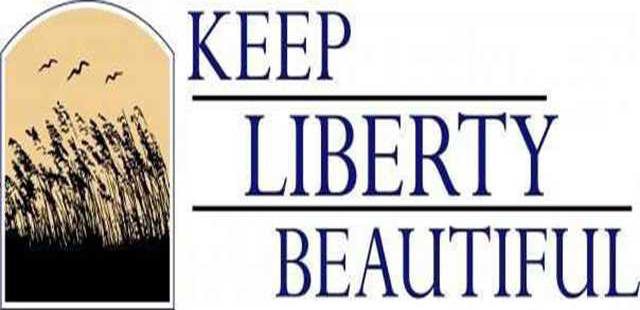April certainly was the month for showers this year.
Rain brings so many good things to our lives. It cleans the air, makes plants thrive and cools the air in the summertime. It enhances our lives in so many way. But when it comes to storm water, rain takes on a darker personality. Unfortunately, when storm water — especially a lot of it like we have had lately — meets litter and debris, it turns into “Good Rain Gone Wild.” Storm-water’s dark side is revealed when it picks up debris, chemicals, dirt and other pollutants as it flows over impervious surfaces like sidewalks, roads and concrete driveways.
The combination of storm water, litter and debris is called storm-water pollution.
Storm water that does not soak into the ground becomes surface runoff. Impervious surfaces prevent the rain water runoff from easily soaking in the ground. That is why storm-water pollution problems are significant in more populated areas. As the water flows along roads, parking lots, roofs, etc., it picks up whatever is in its path. That includes pollutants like automotive fluids, fertilizers and pesticides; bacteria; sediments; litter and pet waste.
Storm-water’s “bad side” also can cause flooding and erosion of stream banks, which create significant problems in our waterways. After a storm, water travels through a system of drains and roadside ditches and flows directly into local creeks and rivers and can eventually end up at sea. All of the pollutants storm water carries along the way empty into our waters, too.
Here are a few thought-provoking facts about this “Good Rain Gone Wild”:
• While water covers 80 percent of Earth, only 1 percent of the planet’s water is suitable for drinking, according to epa.gov. We need to treat water as the precious commodity that it is. Water issues affect all of us, no matter who we are or where we live.
• The EPA says a typical city block generates more than five times more runoff than a wooded area of the same size. We have to blame the abundance of those impervious surfaces again for that.
• According to the Environmental Protection Agency, used oil from one oil change can contaminate up to 1 million gallons of water.
• According to the EPA, the No. 1 pollutant of our waterways is sediment.
• As stated in the book “The Fruited Plain: The Story of American Agriculture” by Walter Ebeling, an estimated 4 billion tons of sediment annually are eroded into U.S. waterways
• Although our wastewater is cleaned and treated before it goes into waterways, storm-water runoff flows through storm drains and into local waterways untreated.
So, the next time it looks like rain, remember: We can keep these bad elements out of our rainwater. We can make better choices every day. Help rain be the lovely force of nature that it is by making sure that the only thing traveling down our storm drains is rainwater.
To learn more about storm-water pollution and litter prevention, call Keep Liberty Beautiful at 880-4888, email klcb@coastalnow.net or go to www.keeplibertybeautiful.org.
Worry about what rain can wash into waterways
Keep Liberty Beautiful


Sign up for our e-newsletters